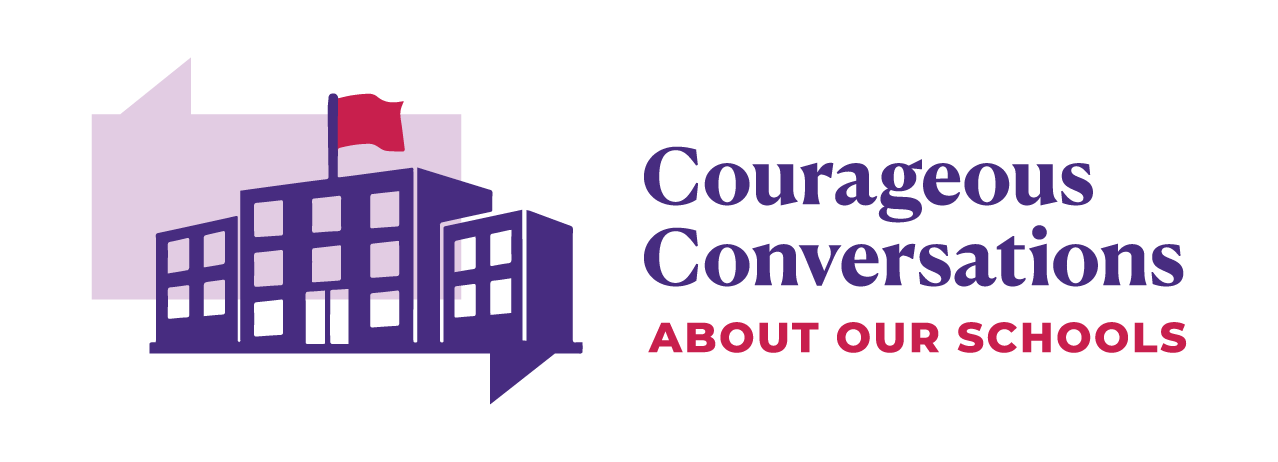We Can Reduce Gun Violence in Schools - Do We Have the Will?
On September 3rd, I interviewed Dr. Haley Watkins, a clinical psychologist specializing in student mental health and school bullying. In that episode, she describes some of the factors that contribute to poor mental health, the effects it can have on student well-being and academic performance, and the skills that students can learn to better cope with emotionally challenging situations.
A day after the interview, a fourteen-year-old student named Colt Gray fatally shot two students and two math teachers at Apalachee High School in Winder, Georgia. Colt had apparently been “begging for help from everyone around him,” according to his aunt Annie Brown. Colt’s father, who has now been charged with several serious crimes, said that his son was “getting picked on at school,” and that other students “just ridiculed him day after day after day.”
Dr. Watkins agreed to come back for a second interview a few days later and offered several useful suggestions about what educators can do not only to prevent gun violence but to help others, including students, families, and educators, cope with the resulting trauma and fear. These effects may be more profound and long-lasting than many of us realize.
When shootings of any magnitude occur, they often leave the survivors with invisible injuries that can create life-changing symptoms that sometimes paralyze them. But such problems can take time to emerge. Panic attacks and anxiety can spike across a community after a shooting and can be most intense when people return to the scene, said Howard Liu, chair of the Council on Communications for the American Psychiatric Association. ‘What Happens Three Months From Now?’ Mental Health After Georgia High School Shooting
Whenever these tragic events occur in schools - and there have been 417 of them since the Columbine High shooting in 1999 - the contentious debates over gun laws invariably follow, but they have not led to meaningful change. A solution that policy makrs do tend to agree on is greater support for student mental health. That has led to some modest investments, but still, a place like Winder, Georgia, is woefully underprepared to handle the demand for mental health services.
Prior to the shooting, the area had one stand-alone inpatient mental health facility, located in Gainesville, about 30 miles away from where the shooting occurred in Barrow County, that was ‘constantly overwhelmed, said Sean Couch, a spokesperson for Northeast Georgia Health System…The scarcity of mental health providers in Barrow County is emblematic of the state as a whole. Georgia ranks nearly last among states in access to mental health care resources, according to Mental Health America, a nonprofit that advocates for increased mental health spending. More than 5 million Georgians live in mental health care professional shortage areas like Barrow County. - ‘What Happens Three Months From Now?’ Mental Health After Georgia High School Shooting
It’s one thing when partisan politics prevents policymakers from adopting common sense gun safety laws, but another thing altogether when they (and most Americans) agree on a proven remedy like mental health support, and they (we) still cannot find the will to fund it adequately. Have they (we) simply become de-sensitized to these tragic events? Do we have the right to call our society “civil” if we allow mass shootings on school campuses to become normalized? I sincerely do not know the answers to these questions, but I invite you to share your thoughts and suggestions with me and anyone else who will listen.
Coming soon! An interview with someone who had acquired a gun and was about to commit an unspeakable act with it at his high school. What led him to back down might surprise you. It did me. Another example of why it behooves us, as Dr. Watson points out in my second interview with her, to understand students with violent tendencies, not to demonize them.

